Trawlerman Jimmy Buchan Reflects on His Fishing Journey Starting at 14
Jimmy Buchan, known for his appearance in the acclaimed BBC series Trawlermen (2006-10), authored his memoir, Trawlerman: Life at the Helm of the Toughest Job in Britain, published in 2011. With four decades of experience in North Sea fishing, he has been the owner of his seafood supply business, Amity Fish, since 2019. Now at the age of 64, he serves as the chief executive of the Scottish Seafood Association and resides in his hometown of Peterhead, Aberdeenshire, alongside his wife, Irene. The couple has two adult daughters, Jenna and Amy.
For incidentals like newspaper or daily food, I usually budget around £60 to £80; sometimes, it’s less. I’m increasingly moving away from cash as I adapt to a world focused on accountability and safety. In my earlier days as a skipper, catching good stocks often left us with £3,000 to £7,000 in cash at the end of a prolific trip, which was at times daunting when it came to paying the crew. During the 1980s and early 1990s, it was common for crews to take home between £300 and £1,000 in cash weekly. Over time, we transitioned to direct bank transfers. The fishing industry has a unique payment guarantee system ensuring that all fish sold is paid for the same day by processors. However, these processors may wait 30 to 90 days to receive payments from wholesalers or restaurants.
What credit cards do you use?
I primarily use a debit card.
Are you a saver or a spender?
A bit of both. Initially, I was more of a saver, but when raising a family, I faced tough decisions. After a successful trip, I’d ensure funds were saved for leaner times. Those who lived in the moment found themselves more deeply affected when challenges arose. Buying my first home in 1985 pushed me out of my comfort zone as it required a mortgage, a significant financial commitment at the time, but it also meant acquiring an asset.
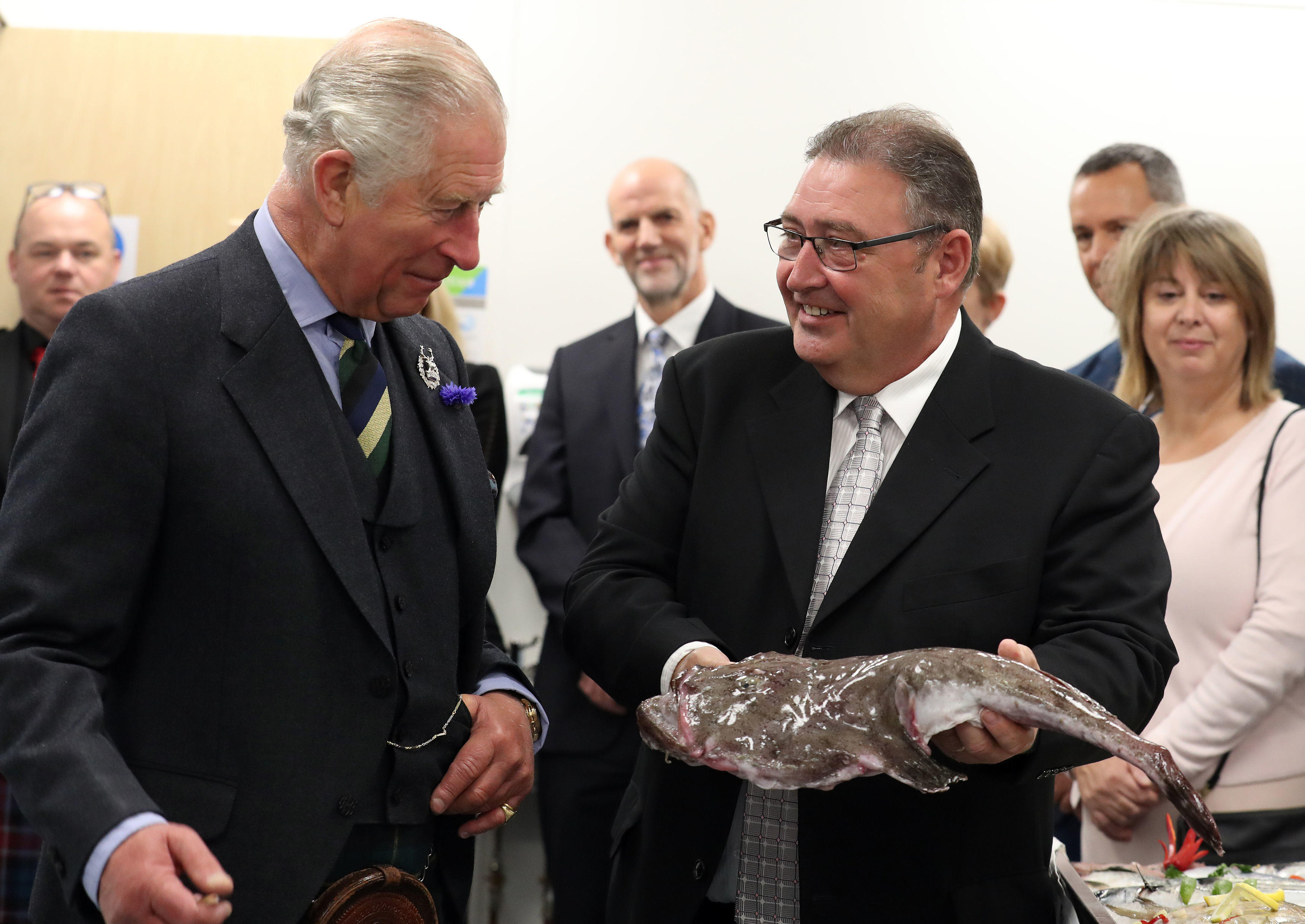
What was your first job?
At the age of 14, I began working with a local fisherman catching salmon off Buchanhaven, close to Peterhead. All fish caught were dispatched to Billingsgate the same day under a contract with coastal fishermen, and my pay was £12 for a six-day week, whereas a paperboy earned around £2.50 weekly.
Are you better off than your parents?
Absolutely. My parents worked hard and raised four boys after marrying just post-war. My father was an electrician, while my mother worked in telegraphy, handling Morse code in Stornoway when telegrams were the main means of communication to the island of Lewis.
When did you first feel wealthy?
In the 1980s, when fish consumption surged in the UK, I began making significantly better money, with earnings in 1986 ranging from £7,000 to £10,000 annually. Before the pandemic, I could earn £1,000 to £1,500 per trip, fishing year-round, completing around 30 to 35 trips yearly.
How much did you earn last year?
Now semi-retired, my earnings were approximately £40,000.
Have you ever struggled to make ends meet?
Yes, indeed. There were numerous times when a vessel breakdown prevented payments. It required discussions with the bank manager regarding financial difficulties, hoping for leniency to repair the vessel or install a new engine. In one instance in 2006, my bank found itself in a predicament as they had rights over my assets yet would struggle to sell a boat in need of repair.
Post-Brexit has presented a mixed bag; some fishermen have thrived while others faced unexpected difficulties. The negotiation processes were quite intense, with Michel Barnier insisting on terms while Boris Johnson rushed to proclaim a favorable agreement, which was not entirely accurate. Many hoped to regain control over our fishing waters, yet negotiations left EU access largely intact. While the current atmosphere is somewhat improved, reliance on migrant labor for crewing continues, which leaves us hopeful that future policies will provide support.
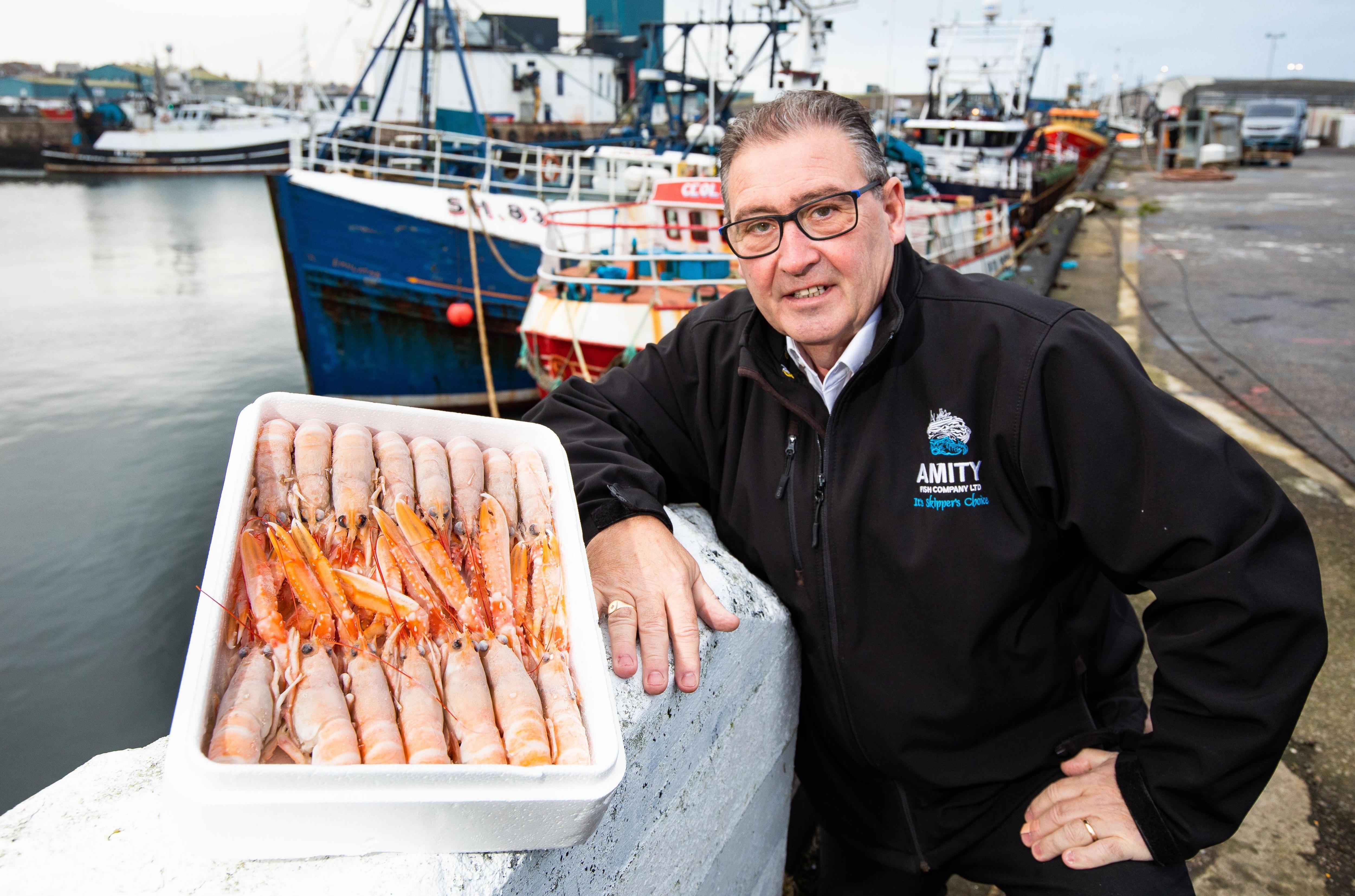
Do you have a pension?
Yes, I have had one since I was 16 and have consistently contributed. My parents emphasized the importance of saving for the future, and I hope it remains intact for my benefit.
Do you own a property?
Yes, I own my house.
Do you invest in shares?
No, I do not.
What was your best business decision?
There were a couple of pivotal moments. The first was securing my initial vessel at 26, taking a significant risk by borrowing £200,000 from a bank in 1986 despite my limited experience. They asked how I would fare, and I could only say I would try my best.
The second significant decision came in the late 1990s when the fishing industry faced severe challenges. Decommissioning offers were on the table, and after much deliberation and advice from an experienced fisherman, I decided to stick with it and adapt my fishing methods, transitioning from catching whitefish to twin-trawling nephrops and monkfish. That decision proved fruitful, yet I remained aware that any slip could put my livelihood in jeopardy if a bank chose to sell off my assets.
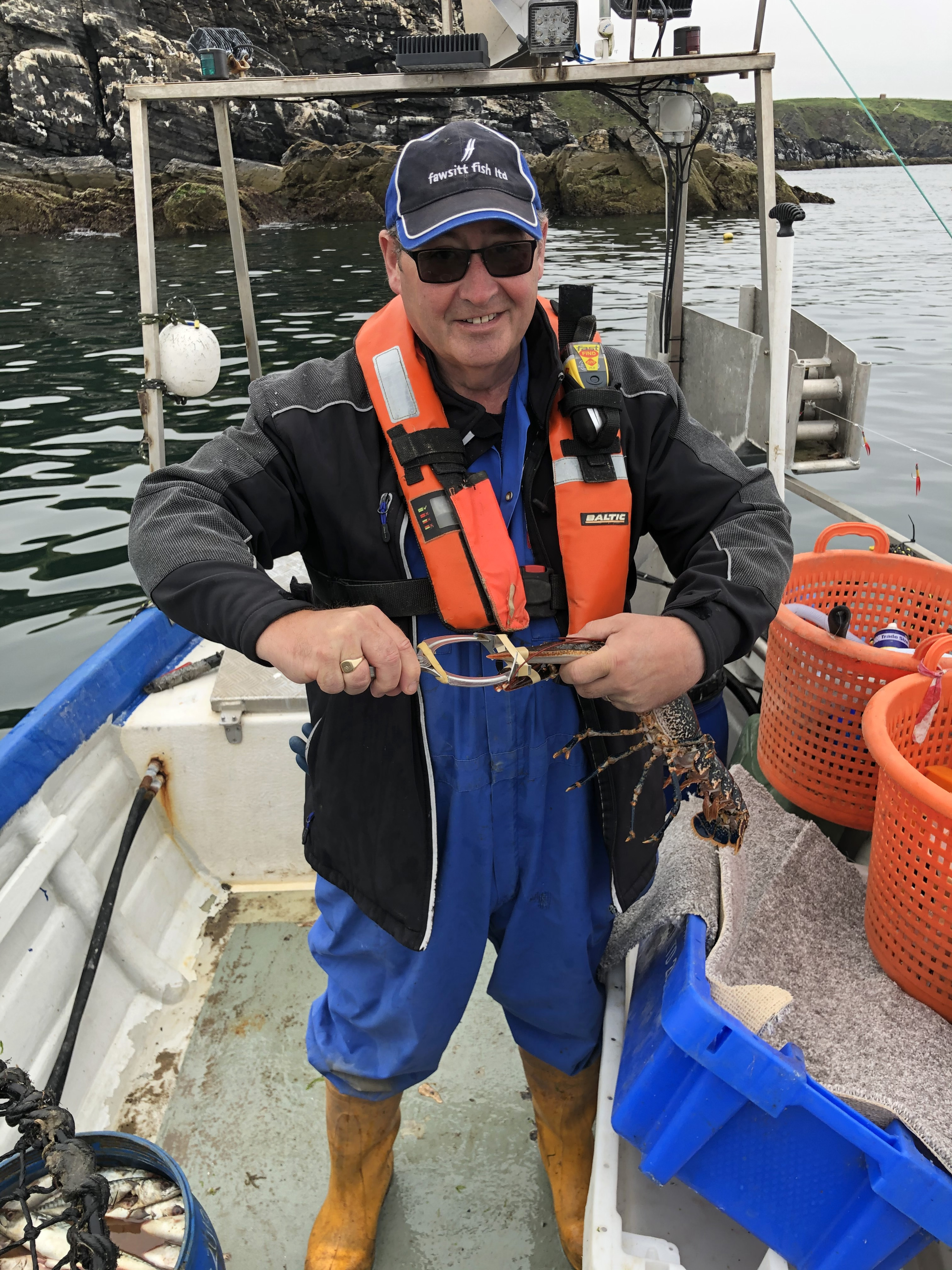
And your worst?
Not a worst experience, but I regret not purchasing a new boat for £1.5 million when the government offered decommissioning. Ultimately, this would have been less costly than refurbishing an old boat, which depreciates in value. This was influenced by governmental pressure to reduce fishing efforts, further explaining why many fishermen favored Brexit. While the EU market offered benefits, the control by all member nations often left the best deals out of reach for the UK.
What’s been your most extravagant purchase?
A modest Volvo I bought recently has been my most extravagant purchase. It offers low running costs, although I believe purchasing a vehicle is always a significant investment.
What’s been your most lucrative work?
During the late 1980s and early 1990s, targeting high-value species like lemon sole and cod proved very profitable. Pioneering new fishing grounds came with risks, but ultimately it resulted in rewarding catches. My largest haul reached 10-12 tonnes, which can yield around three tonnes of fillets after processing.
There is a pressing need to increase fish consumption in the UK. Current dietary habits aren’t as healthy as recommended, with authorities suggesting at least two portions of fish weekly. Despite the wealth of fishing resources we possess, around 80% of our catch is exported while most of the fish consumed domestically is imported. This situation can lead to losing competitive edges over minor pricing differences. There’s a strong international market willing to pay more for British fish yet, fresh fish options remain scarce in supermarkets.
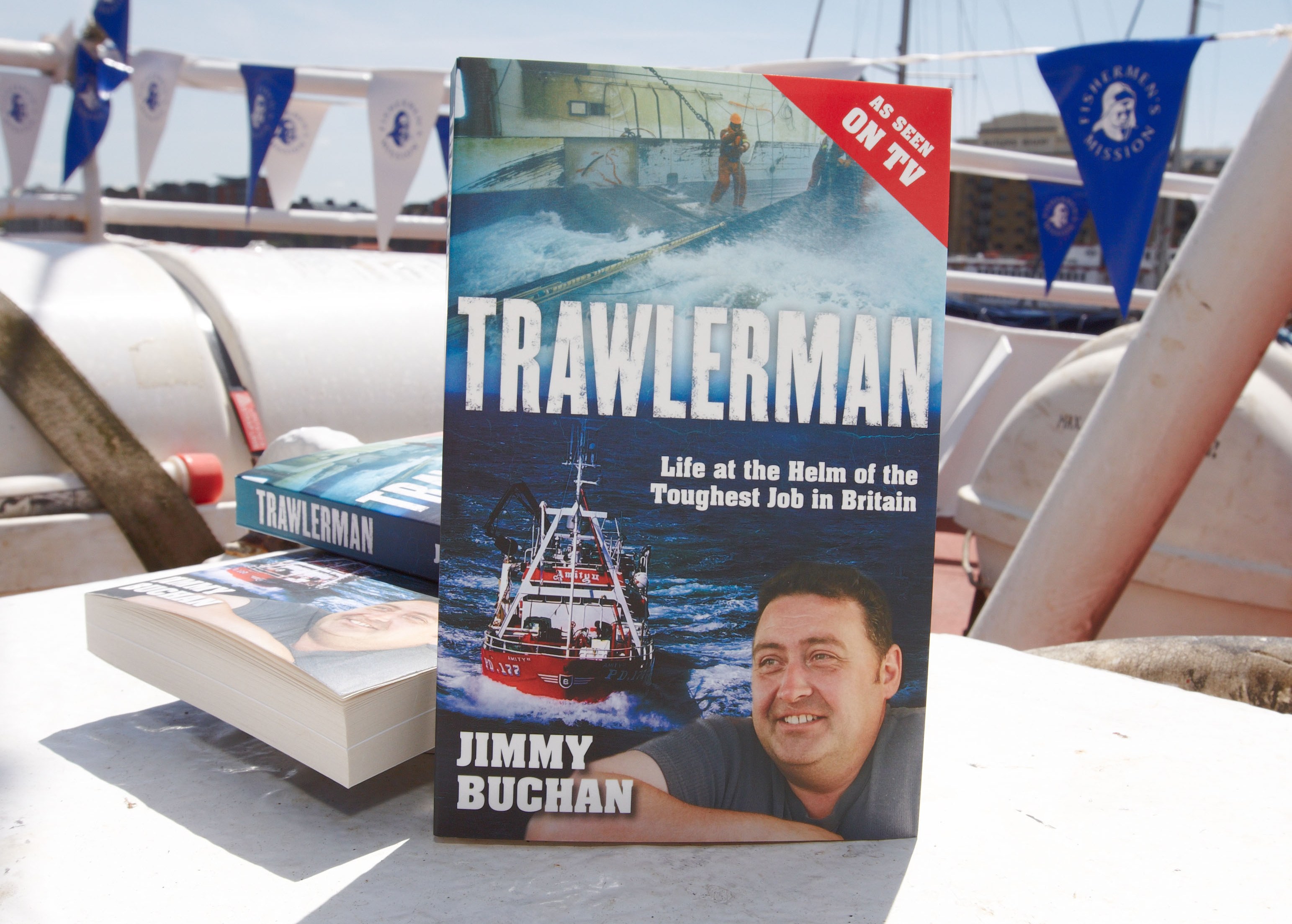
What would you do if you won the lottery?
I’d aim to support young entrants in various industries. Opportunities have become somewhat harder to find compared to my youth. In earlier times, personal interactions with bankers often influenced their willingness to support entrepreneurial ideas, unlike today’s automated scoring systems that can hinder potential innovators.
What lessons have you learnt about money?
For over forty years in my profession, financial gain was always a motivating factor. The challenge of getting out of bed in tough conditions always came with the hope of a rewarding catch. One key lesson learned is the importance of having a backup plan. If you discover an empty net after hours of fishing, uncertainty isn’t what the crew needs to see; effective leadership always requires readiness for unforeseen circumstances. We strived to ensure crew welfare, particularly during adverse conditions, as their retention is crucial to success.
The Amity Fish Company distributes fish throughout the UK, ensuring next-day delivery.
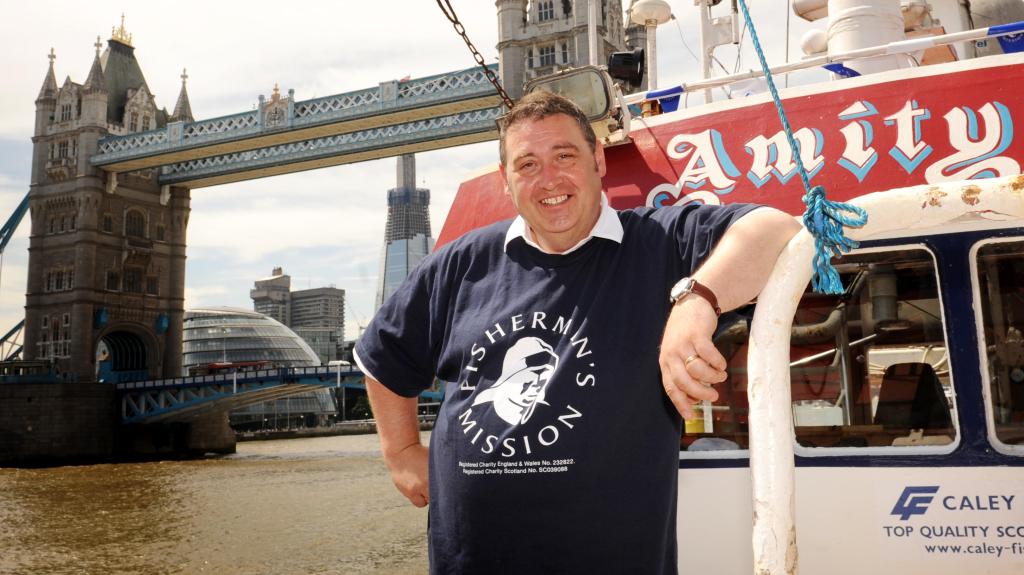



Post Comment